Focus Areas
UNIST Biomedical Engineering faculties, researchers, and students are engaged in cutting-edge research focused on these key areas of discipline
UNIST Biomedical Engineering faculties, researchers, and students are engaged in cutting-edge research focused on these key areas of discipline

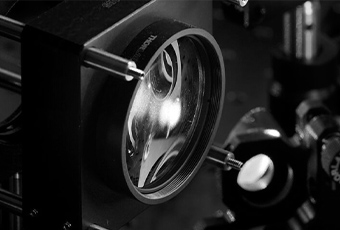
Do you want to light up the world?
Study imaging technology and cutting-edge microscopy.
You can be part of the development and delivery of novel methodologies enabling state-of-the-art biological systems studies and translational research.
We develop cutting-edge microscopy and imaging techniques to deliver novel methodologies enabling state-of-the-art biological systems studies and translational research. Cross-disciplinary teams with backgrounds in physics, chemistry, electrical engineering, as well as biomedical engineering make efforts to extend the frontiers in imaging capabilities, from watching individual molecules to unveiling the structure of complex tissues to understand the fundamentals of life and disease.
Professor
Sung Chul Bae, HyungJoon Cho, Jinmyoung Joo, Woonggyu Jung, Hajin Kim, Jung-Hoon Park, Joon-Mo Yang
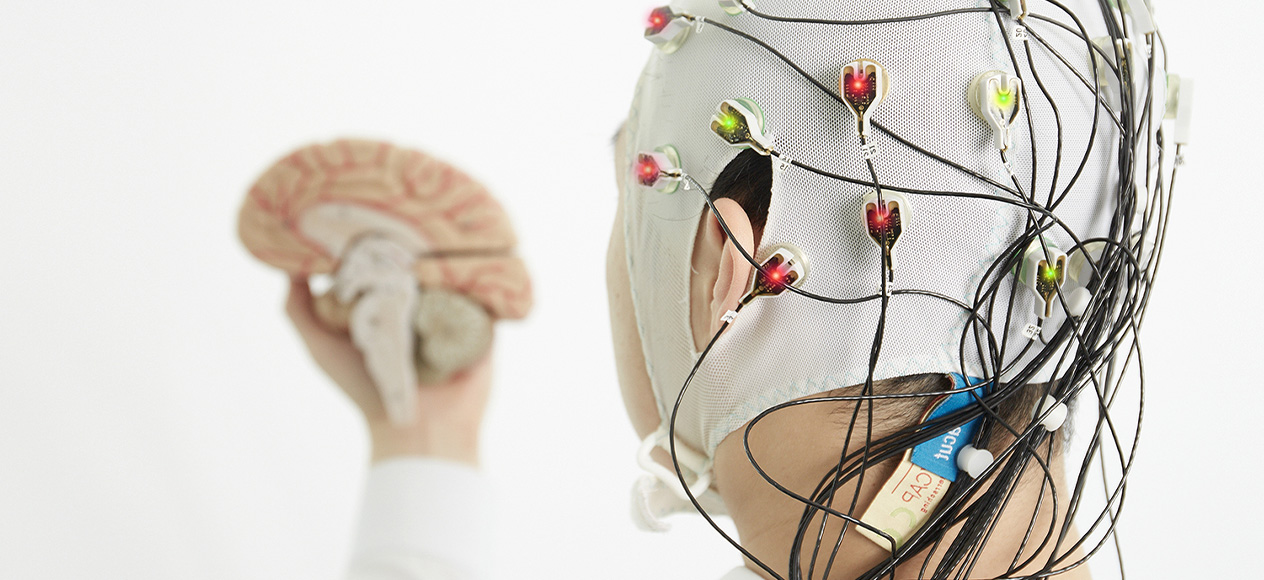
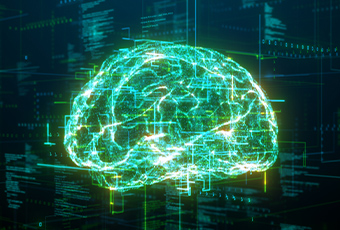
Do you want to understand how human brain works? Do you dream of building an artificial intelligence system that works like humans? You can get a chance to learn human information processing and apply the knowledge to solve engineering problems.
Brain & Cognitive Engineering is the scientific discipline of the human mind. It covers a wide range of research fields from perception and cognition to neuroprosthetics. Specific research focuses in the Brain & Cognitive Engineering group at UNIST include visual perception and cognition, decision-making, social cognition, mental health, and brain-computer interface. We aim to deepen the understanding of human information processing, and to solve engineering problems by examining behavioral and neural data and using computational modeling approaches.
Professor
Dongil Chung, Dooyoung Jung, Sung-Phil Kim, Youngshin Kwak, Oh-Sang Kwon, Kyungjae Myung


Are you interested in medical technologies to restore and improve health? Lean how engineering tools can assist people with mobility, generate implantable tissue, and enhance the organ function.
Brain & Cognitive Engineering is the scientific discipline of the human mind. It covers a wide range of research fields from perception and cognition to neuroprosthetics. Specific research focuses in the Brain & Cognitive Engineering group at UNIST include visual perception and cognition, decision-making, social cognition, mental health, and brain-computer interface. We aim to deepen the understanding of human information processing, and to solve engineering problems by examining behavioral and neural data and using computational modeling approaches.
Professor


Micro and nanotechnolgies allow us to detect and treat various diseases more effectively. You will learn how to synthesize and characterize those materials/ devices and deliver them to a site causing the diseases. You will also gain the most updated knowledge in recent applications of those technologies to see how we use them to improve human healthcare.
We develop micro and nanotechnologies we can bring from bench to bedside. The unique capability we can gain in micro and nanoscale regimes provides us with unparalleled sensitivity and specificity in targeting diseases and addressing unmet needs in the diagnosis of various diseases. We are making efforts to commercialize the technologies we develop in BME at UNIST, which could benefit an enormous number of patients who are in desperate need of new therapeutic and diagnostic strategies.
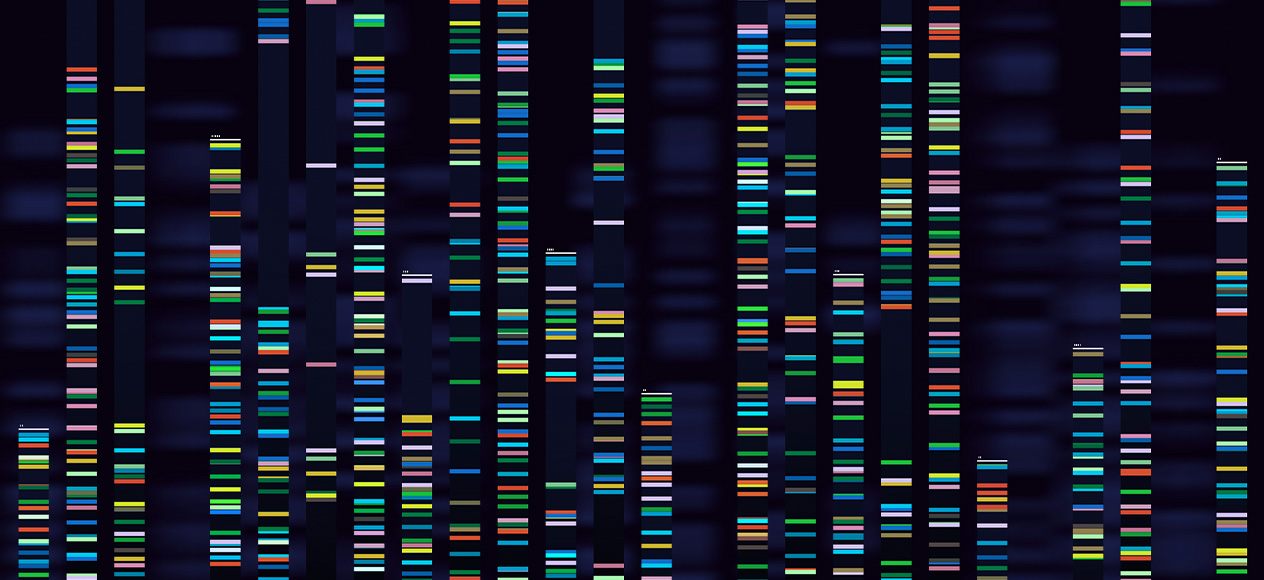
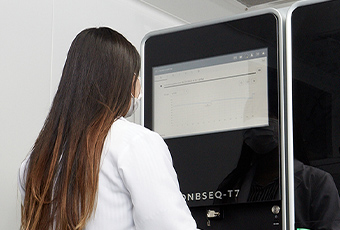
Learn about the genome, a life’s blueprint, and the way how to decode the secret messages in it, in many cases related to human diseases like cancer. One further step, learn how to engineer the genome, which can correct the disease-related errors for a cure.
We have developed and utilized multiple OMICS technologies to understand our genome for biomedical perspectives. Together with the power of computational biology and genome engineering, we are pursuing the next generation genome- based biomedicine, such as precision medicine and molecular diagnostics.
Professor
Jong Hwa Bhak, Seung Woo Cho, Taejoon Kwon, Semin Lee, Kyungjae Myung
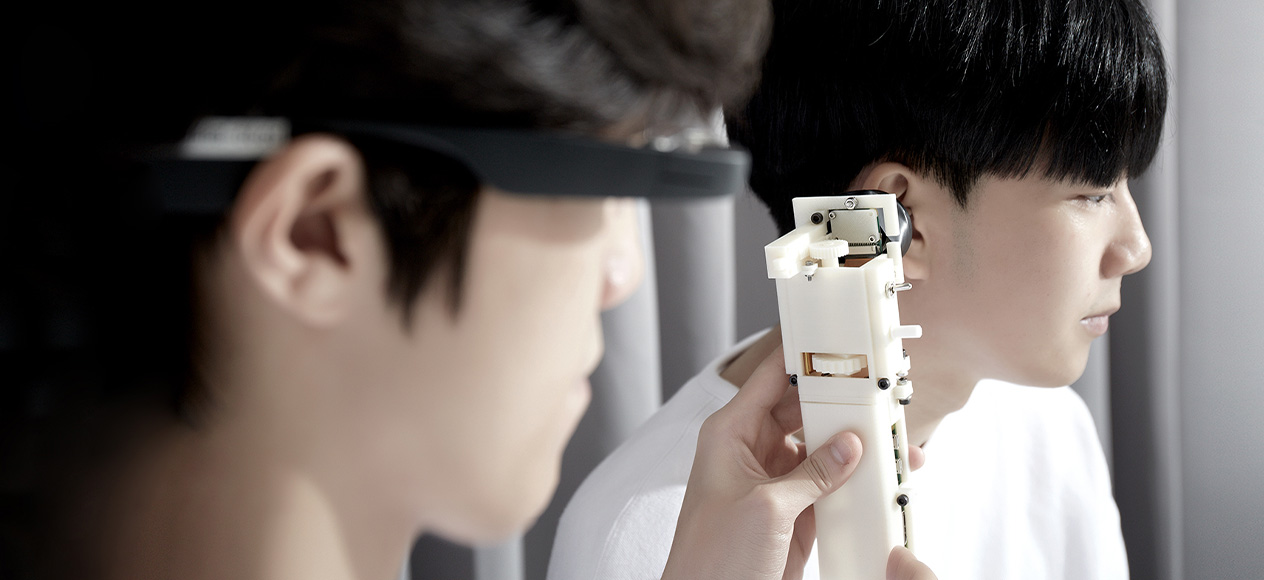
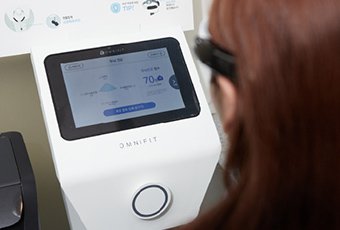
Join the digital healthcare revolution! Digitization in healthcare is revolutionizing the way we prevent, treat and manage health conditions. Digital healthcare addresses critical issues for the remote delivery of medical care (hospital at home) and enables digital therapeutic driven by high quality software programs.
We take multi-disciplinary approach to address various healthcare related issues. Digital healthcare that the Department of BME at UNIST covers is the convergence of broad range of research fields including, but not restricted to: digital technologies with health, the efficiency of healthcare delivery, biomedical imaging, brain-computer interface, OMICS technologies, cognitive and physical rehabilitation, regenerative medicine, human data science, translational nano & micro technologies, and precision medicine. We aim to foster healthcare innovation and prepare the next generation’s digital healthcare experts.